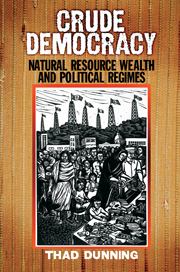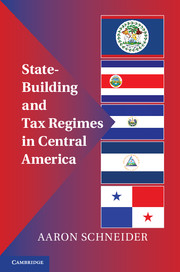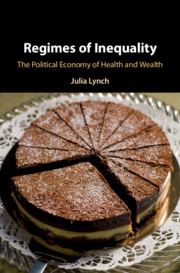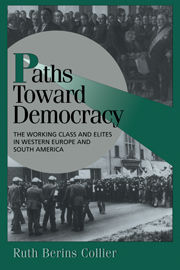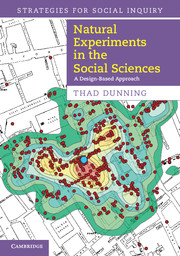Crude Democracy
This book challenges the conventional wisdom that natural resource wealth promotes autocracy. Oil and other forms of mineral wealth can promote both authoritarianism and democracy, the book argues, but they do so through different mechanisms; an understanding of these different mechanisms can help elucidate when either the authoritarian or democratic effects of resource wealth will be relatively strong. Exploiting game-theoretic tools and statistical modeling as well as detailed country case studies and drawing on fieldwork in Latin America and Africa, this book builds and tests a theory that explains political variation across resource-rich states. It will be read by scholars studying the political effects of natural resource wealth in many regions, as well as by those interested in the emergence and persistence of democratic regimes.
- Challenges the conventional wisdom that natural resources promote autocracy
- Draws on fieldwork and detailed case studies of Latin American and African countries
- Uses cutting-edge game-theoretic and statistical tools to explain the emergence and persistence of democracy
Product details
November 2008Paperback
9780521730754
350 pages
229 × 152 × 20 mm
0.51kg
7 tables
Available
Table of Contents
- 1. Does oil promote democracy?
- 2. The foundations of rentier states
- 3. Resource rents and the political regime
- 4. Statistical tests on rents and the regime
- 5. The democratic effect of rents
- 6. Rentier democracy in comparative perspective
- 7. Theoretical extensions
- 8. Conclusion: whither the resource curse?

